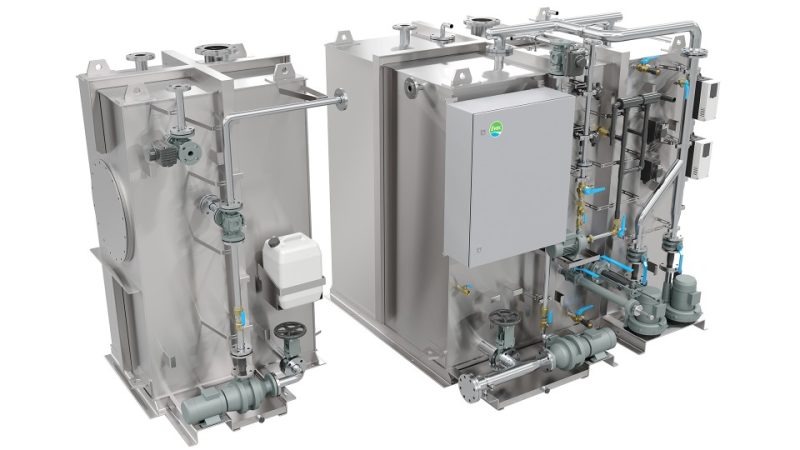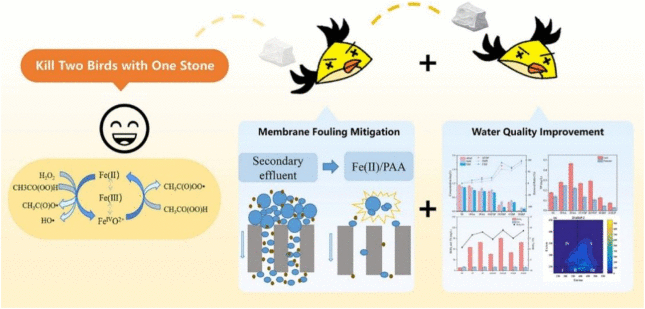The Future of Wastewater Management

Wastewater management is a critical component of sustainable urban development and environmental protection. As populations grow and industrial activities expand, the demand for efficient, innovative, and eco-friendly wastewater treatment solutions is more pressing than ever. This article explores the future trends, technologies, and strategies shaping wastewater management.
Key Trends in Wastewater Management
| Trend | Description |
|---|---|
| Smart Water Technologies | Integration of IoT sensors and AI for real-time monitoring and predictive maintenance. |
| Resource Recovery | Extracting valuable resources like nutrients, energy, and clean water from wastewater. |
| Decentralized Treatment | Small-scale, localized treatment systems reducing the burden on central plants. |
| Climate Resilience | Designing systems to withstand extreme weather and reduce greenhouse gas emissions. |
Innovative Technologies
- Membrane Bioreactors (MBRs): Combining membrane filtration with biological treatment to improve efficiency and water quality.
- Advanced Oxidation Processes (AOPs): Using powerful oxidants to break down complex pollutants.
- Anaerobic Digestion: Converting organic waste into biogas, a renewable energy source.
- Artificial Intelligence (AI): Enhancing process control, fault detection, and optimization.
Benefits of Future Wastewater Management
- Environmental Protection: Reduces pollution and protects aquatic ecosystems.
- Resource Efficiency: Recovers water, energy, and nutrients, promoting circular economy principles.
- Cost Savings: Optimizes operations and reduces energy consumption.
- Public Health: Ensures safe water reuse and reduces disease risks.
Challenges to Overcome
- High initial investment costs for advanced technologies.
- Need for skilled workforce and training.
- Regulatory and policy barriers.
- Public acceptance and awareness.
Frequently Asked Questions (FAQ)
Q1: What is decentralized wastewater treatment?
A1: It refers to treating wastewater close to its source using small-scale systems, which can be more flexible and reduce infrastructure costs.
Q2: How does AI improve wastewater management?
A2: AI helps by analyzing data from sensors to optimize treatment processes, predict equipment failures, and improve overall system efficiency.
Q3: Can wastewater be reused safely?
A3: Yes, with proper treatment, wastewater can be safely reused for irrigation, industrial processes, and even potable uses in some cases.
Conclusion
The future of wastewater management lies in adopting smart, sustainable, and resilient technologies that not only treat wastewater effectively but also recover valuable resources. Embracing these innovations will be essential for meeting the environmental and societal challenges of tomorrow.
This article is designed to be SEO-friendly by incorporating relevant keywords, structured content, and user-focused information to engage readers and improve search engine rankings.
